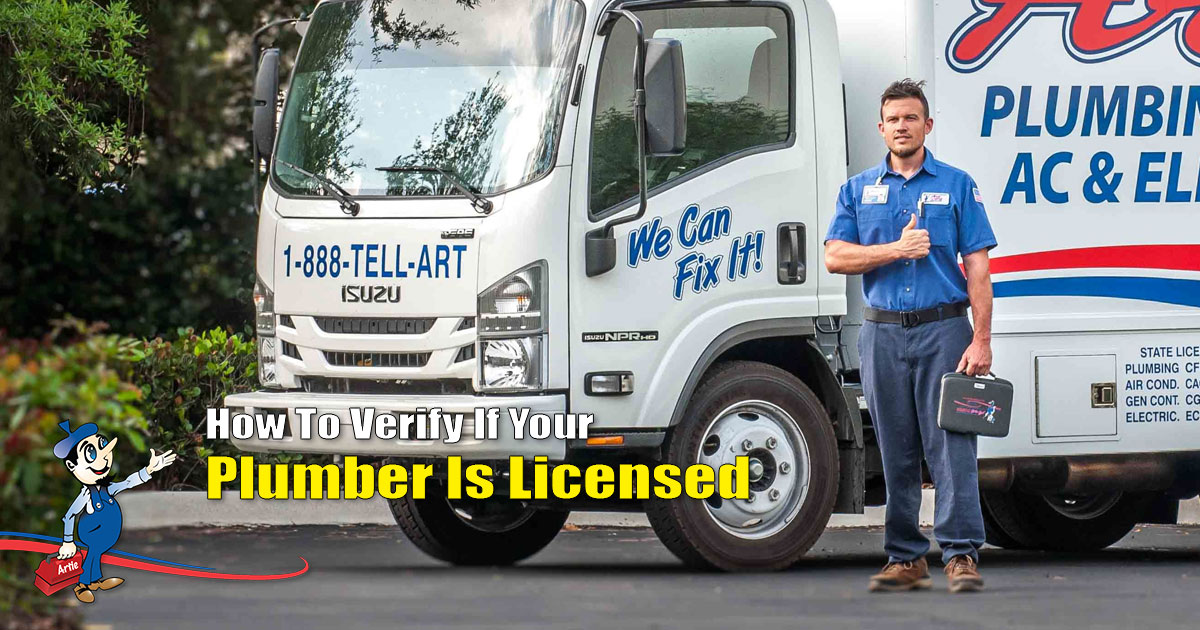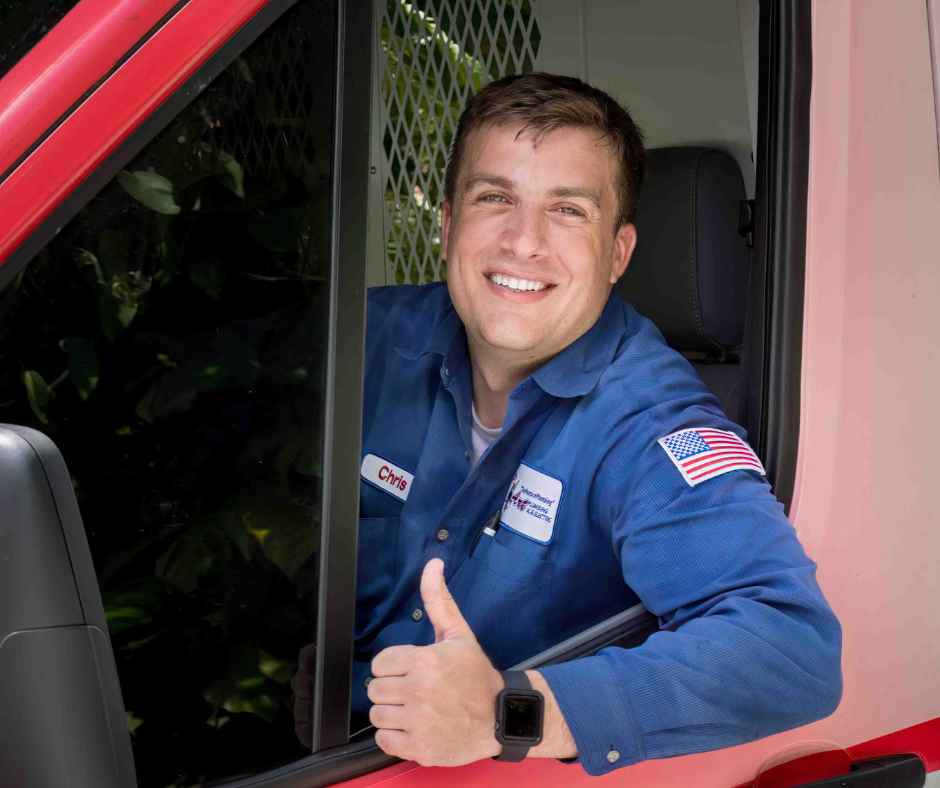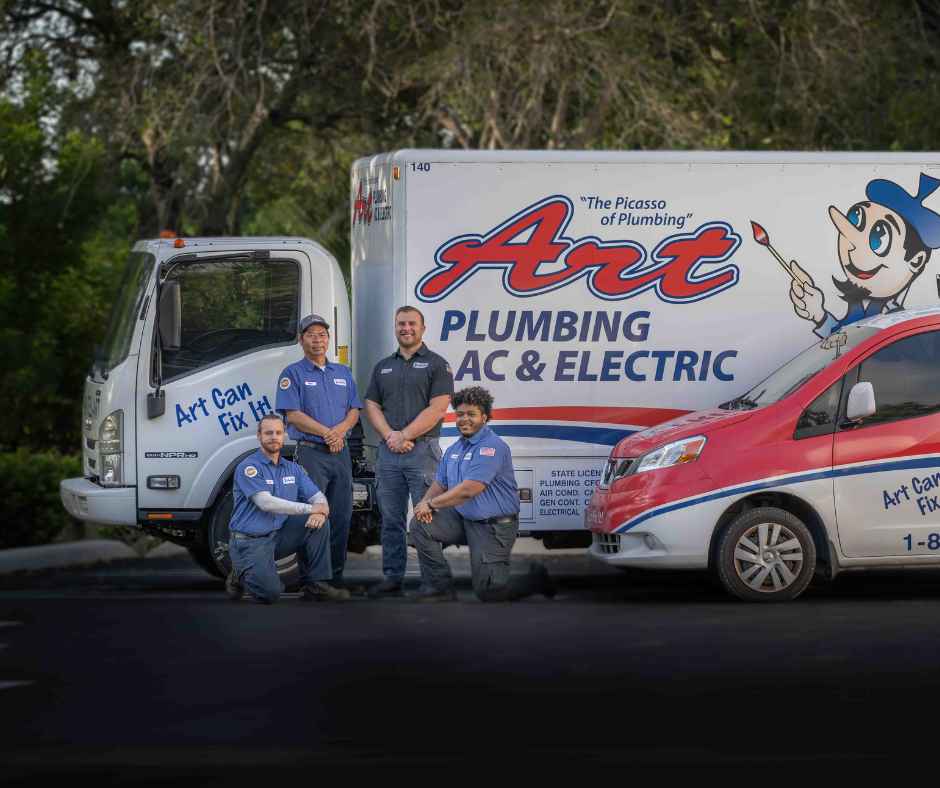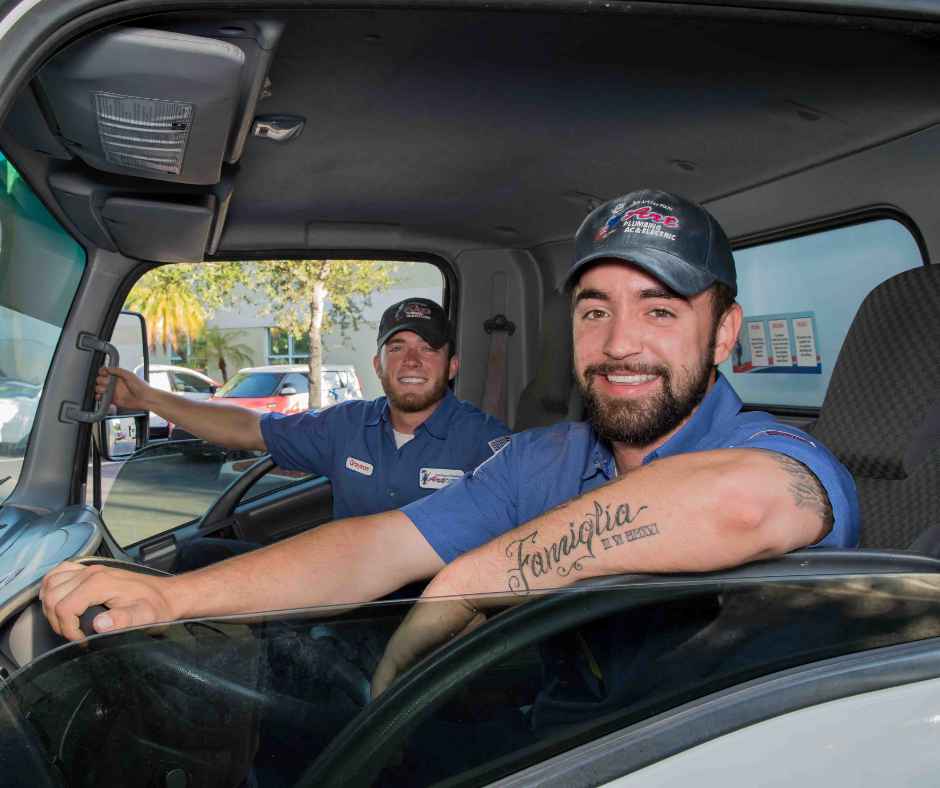How To Verify If Your Plumber Is Licensed

If you’ve recently typed “plumber near me” or “plumbing services Coral Springs” into Google, chances are you’re dealing with a plumbing issue that can’t wait. Maybe it’s a leaking faucet, a clogged drain, or, worse, a burst pipe threatening to flood your home. In these stressful moments, the last thing you want is to waste time worrying about whether the person you hire is qualified, trustworthy, and licensed to do the job right.
Unfortunately, the plumbing industry isn’t immune to scams or unqualified contractors. Hiring someone without a valid license could mean shortcuts on building codes, subpar materials, unfinished projects, or even someone disappearing with your money before the work is complete. Beyond the frustration, an unlicensed plumber could leave you with costly damage and no protection from insurance.
The good news? There are proven steps you can take to make sure the plumber you hire is fully licensed and reputable. Whether you’re a homeowner or managing a business property in South Florida, being prepared before an emergency strikes can save you stress, time, and money. In this blog, we’ll walk you through exactly how to verify a plumber’s license, spot red flags, and understand why choosing a licensed professional is always worth it.
Why Plumbing Licensing Matters in Florida
In Florida, hiring a licensed plumber isn’t just a matter of preference — it’s the law. The state requires anyone working on plumbing, roofing, electrical, HVAC, or swimming pools to hold an active contractor license. This regulation is designed to protect homeowners and businesses from unqualified work that can lead to costly damage, unsafe conditions, and code violations.
For South Florida homeowners, this is especially important. Our area’s unique mix of older homes, new construction, and humid, storm-prone weather creates plumbing challenges that require expertise. A burst pipe during hurricane season or a poorly installed water heater in a multi-story home can quickly turn into thousands of dollars in damage. A licensed plumber is trained to anticipate these issues, follow Florida’s strict building codes, and provide solutions that protect your property long-term.
When you hire an unlicensed contractor, you’re not just rolling the dice on the quality of work. You’re also risking your home insurance coverage. Many insurance policies will deny claims if repairs or installations were performed by someone without a valid license. That means if an unqualified plumber’s work leads to flooding, mold, or structural damage, you could be left footing the entire bill.
Bottom line: licensing matters because it ensures accountability, compliance, and protection. By taking the time to confirm a plumber’s credentials before letting them touch your pipes, you’re safeguarding your home, your wallet, and your peace of mind.
5-Step Checklist for Hiring a Licensed Plumber in South Florida
When plumbing problems strike, stress can make it tempting to hire the first contractor you find online. But taking just a few extra minutes to confirm their credentials can save you from scams, shoddy work, or expensive future repairs. Use this simple 5-step checklist to make sure you’re working with a licensed plumber anywhere in South Florida.
1. Check Their Website for Transparency
A reputable plumbing company won’t hide its credentials. Start by visiting the plumber’s official website. Look for:
- A clearly listed license number (often on the About Us or footer section).
- Information about insurance and years of experience.
- Verified customer reviews or testimonials.
If you can’t find these details easily, that’s a red flag. A legitimate, licensed plumber is proud to share their qualifications upfront.
2. Call and Ask for Their License Number
Sometimes the simplest way is the most effective. Pick up the phone and ask the plumber directly for their Florida license number. A licensed contractor will provide it without hesitation. If they dodge the question, make excuses, or refuse to give you the information, consider it a major warning sign.
During the call, you can also ask:
- How long they’ve been in business.
- Whether they specialize in residential, commercial, or both.
- If they provide warranties on labor and materials.
These extra questions help you gauge professionalism and expertise.
3. Verify Their Reputation with the BBB and Reviews
The Better Business Bureau (BBB) remains a reliable tool for vetting contractors. A quick search will reveal:
- The company’s official name, address, and phone number.
- Complaint history and how they resolved customer issues.
- An overall BBB rating, which reflects their reliability.
Don’t stop there, as you should also check Google Reviews, Yelp, and Facebook for real customer feedback. Look for consistent themes: do reviewers praise punctuality, professionalism, and quality, or do they complain about hidden fees and unfinished jobs?
4. Use Florida’s License Lookup Tool
Even if everything else checks out, always confirm the license status directly with the state. Visit Florida’s license lookup tool and enter either the plumber’s name or license number. The state’s Department of Business & Professional Regulation (DBPR) will instantly show whether their license is:
- Active (safe to hire)
- Inactive or expired (do not hire)
- Revoked or suspended (avoid immediately)
This is the most important step, since it eliminates any guesswork and gives you official verification.
5. Ask About Insurance and Guarantees
A license alone isn’t enough; you also want protection in case something goes wrong. A legitimate plumber should carry:
- Liability insurance, to cover property damage.
- Workers’ compensation insurance, to protect you from liability if a worker is injured on your property.
- Written guarantees or warranties, so you’re covered if the repair fails shortly after the work is done.
If a plumber can’t provide proof of insurance or avoids giving details, move on to the next option.
Keep this checklist handy and use it every time you search for “plumber near me” or need plumbing services in South Florida. It only takes a few minutes, but it could save you thousands of dollars in potential damage or scam losses.
Licensed vs. Unlicensed Plumber: The Real Cost
It’s tempting to hire an unlicensed plumber who offers a lower price, but what looks like savings upfront can end up costing you far more. Licensed plumbers in Florida go through years of training, stay current with building codes, and carry insurance that protects you and your property. Unlicensed plumbers often cut corners, use cheap materials, or perform work that doesn’t meet code.
The difference shows up quickly: a licensed plumber can guarantee quality and compliance, while an unlicensed contractor leaves you vulnerable to repeat problems, denied insurance claims, and even safety hazards. Imagine paying less today, only to face a burst pipe or water damage tomorrow, plus the added expense of hiring a licensed pro to fix it correctly.
In the long run, hiring a licensed plumber is always the safer and more cost-effective choice. You’re not just paying for a repair; you’re investing in peace of mind, protection, and work that lasts.
Why Choose Art Plumbing, Air Conditioning & Electric in South Florida
When it comes to protecting your home or business, don’t take chances with unlicensed contractors. At Art Plumbing, Air Conditioning & Electric, every member of our plumbing team is fully licensed and insured, with decades of experience serving Broward, Palm Beach, and Miami-Dade Counties and the greater South Florida community.
Whether it’s a burst pipe, a stubborn clog, or a new fixture installation, we approach every job with professionalism, expertise, and a commitment to doing it right the first time. For more than 40 years, thousands of local homeowners and businesses have trusted Art Plumbing, Air Conditioning & Electric to deliver reliable, code-compliant plumbing services that stand the test of time.
- Licensed and insured professionals
- 24/7 emergency plumbing services
- Upfront pricing with no hidden surprises
- Backed by decades of proven experience
Don’t risk your home, your money, or your peace of mind on unqualified work. Contact Art Plumbing, Air Conditioning & Electric today to schedule service with one of our licensed plumbers and discover why we’re South Florida’s trusted choice for plumbing, air conditioning, and electrical solutions.
Frequently Asked Questions
What’s the difference between a plumbing license and a plumbing permit in Florida?
A license is issued to plumbers themselves, proving they’ve met training, testing, and insurance requirements to legally perform work. A permit, on the other hand, is issued by the local building department for specific jobs (like installing a water heater or repiping a home).
Can I get in trouble for hiring an unlicensed plumber in Florida?
Yes. Florida law prohibits unlicensed plumbing work, and homeowners who knowingly hire unlicensed contractors can face fines. More importantly, unlicensed work often voids insurance coverage, leaving you financially responsible for damages. In some cases, you may even be required to pay to redo the work with a licensed professional to bring your property up to code.
How can I spot common red flags of an unlicensed plumber?
Warning signs include contractors who refuse to provide a license number, demand full payment upfront in cash, or advertise unusually low prices without written estimates. Other red flags include the lack of a physical business address, no insurance details, or reluctance to put agreements in writing.
Do licensed plumbers in Florida need continuing education?
Yes. To maintain an active license, Florida plumbers must complete continuing education courses every two years. These courses cover safety standards, building code updates, and new plumbing technologies. This ensures licensed professionals stay current and provide work that meets the latest regulations.
Are emergency plumbing services required to be licensed, too?
Yes. Whether it’s scheduled maintenance or a 2 a.m. pipe burst, plumbers in Florida must hold a valid license to legally perform work. Emergency situations can be especially risky, so hiring a licensed and insured plumber ensures repairs are done safely, up to code, and covered by insurance if additional issues arise.





